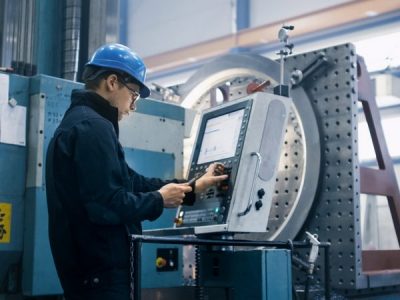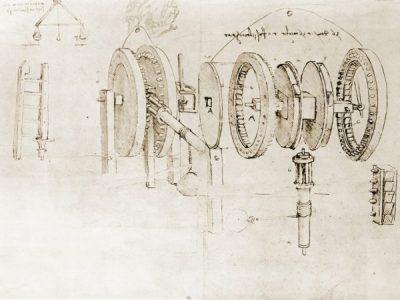Pipe joint maintenance is a serious and highly skilled business within the gas and oil pipeline industry. Pipelines need to be inspected and serviced frequently to avoid eruptions and leakages. While some pipeline plants use mechanical or flange joints, many facilities – predominantly those that have been operating for quite some time – have the majority of their pipes connected with welded joints. This can pose a few challenges when it comes to pipe joint maintenance, but with the assistance of qualified mechanical engineers, these challenges can be overcome swiftly and professionally.
The challenge of pipeline plants without easy access.
One of the most significant challenges that often arises when carrying out pipe joint maintenance is that the plant is not optimised for easy access. This often occurs in older plants that did not undergo the modern rigours of safety and planning when constructed. While welded pipe joints maximise space efficiency, it can sometimes still be a tight squeeze to get into these areas to perform maintenance duties. In these situations, it is essential to have an experienced professional with the right tools undergoing the services to pipeline joints, as you need the job done as efficiently and safely as possible.
Using welding bands for a more precise service.
Often pipelines that use welded joints will need to be shut down and drained for maintenance work to occur. This can result in massive costs from loss of production, so obtaining the perfect balance between a quick and thorough service is essential. The plant needs to be up and running again as soon as possible, but you don’t want to have to shut it down again in the next few months because of incompetent maintenance work. Make sure the professional that you hire to carry out maintenance is using welding bands when working on pipeline joints for a precise and efficient service.
The cost of unplanned maintenance.
Unplanned maintenance is the main cause of money drainage for pipeline companies. This is why it’s critical to carry out regular inspections on pipe joints and plan ahead for services to avoid any nasty surprises. Not only is it vital to the safety of workers and the surrounding environment, but it will also reduce maintenance costs. Replacing a structurally unstable pipe joint immediately is much less costly in the long run than waiting for an accident to occur. This can cause severe damage and require the plant to be shut down for an extended period while whole sections of both pipe and joints are repaired.
Prime Engineering can supply your service crew or non-destructive testing company with standard or custom-made welding or scanner bands and calibration blocks in order to carry out quicker, more precise maintenance work, so that companies experience minimal downtime.



